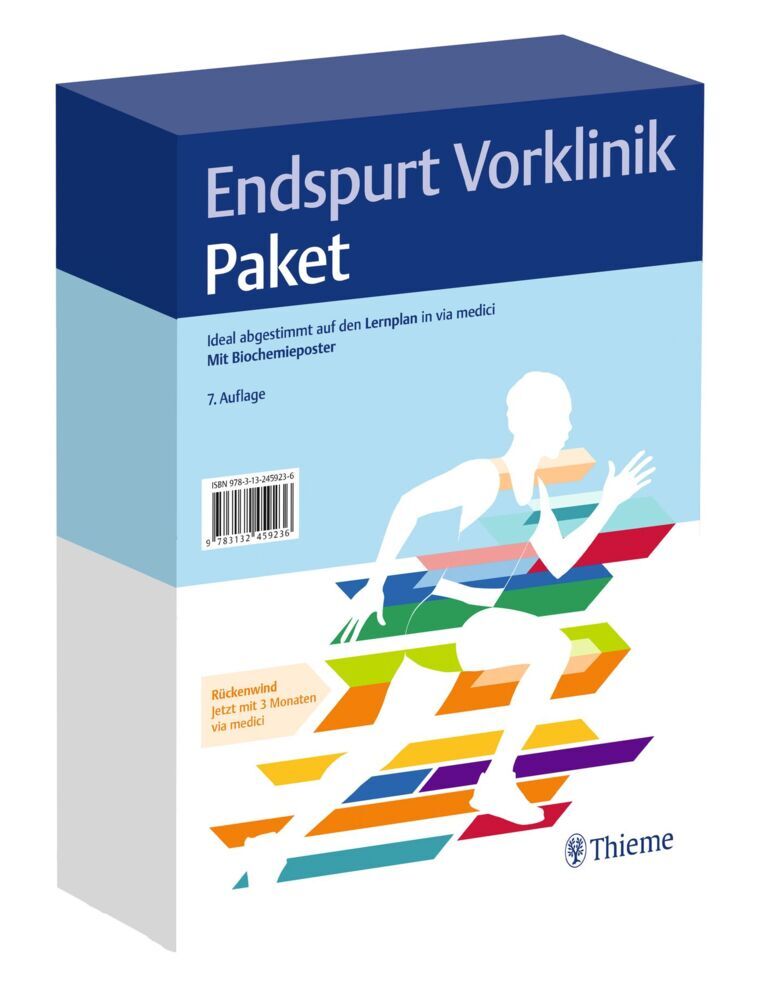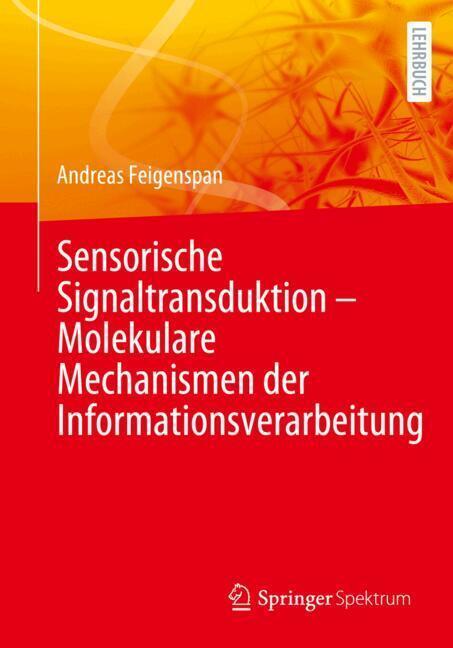Preferences in Negotiations
Preferences in Negotiations
Negotiations are ubiquitous in business, politics, and private life. In many cases their outcome is of great importance. Yet, negotiators frequently act irrationally and fail to reach mutually beneficial agreements. Cognitive biases like overconfidence, egocentrism, and the mythical fixed pie illusion oftentimes foreclose profitable results. A further cognitive bias is the attachment effect: Parties are influenced by their subjective expectations formed on account of the exchange of offers, they form reference points, and loss aversion potentially leads to a change of preferences when expectations change.
This book presents a motivation, formalization, and substantiation of the attachment effect. Thereby, preferences and behavior are approached from a microeconomic and a psychological perspective. Two experiments show clear evidence for a systematic bias. The results can be used for prescriptive advice to negotiators: either for debiasing or to systematically affect the counterparty.
Theories on Preferences
Preferences in NegotiationsInternet Experiment
Laboratory Experiment
Conclusions and Future Work.
Gimpel, Henner
| ISBN | 978-3-540-72225-0 |
|---|---|
| Article number | 9783540722250 |
| Media type | Book |
| Copyright year | 2007 |
| Publisher | Springer, Berlin |
| Length | XIV, 268 pages |
| Illustrations | XIV, 268 p. 34 illus. |
| Language | English |











